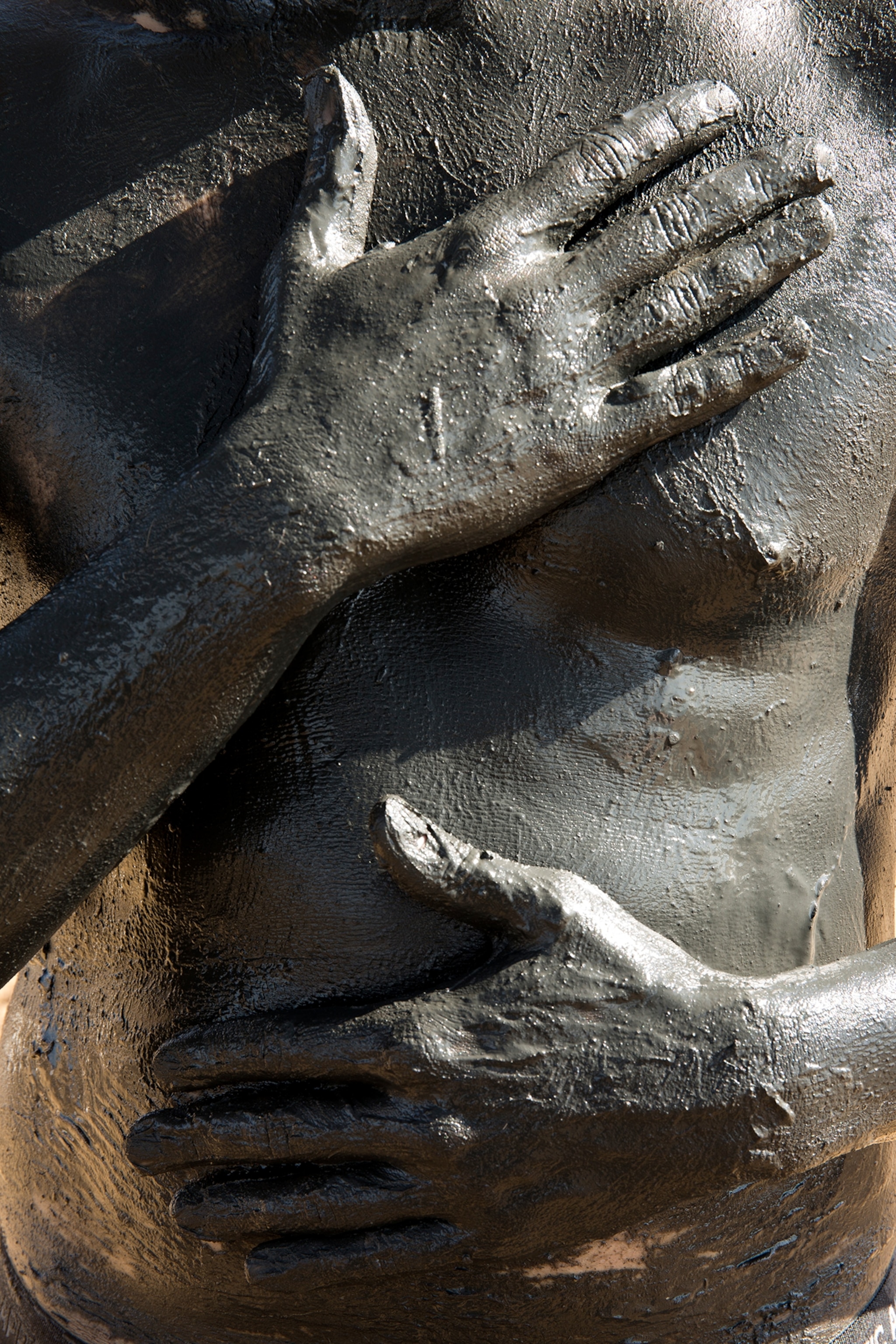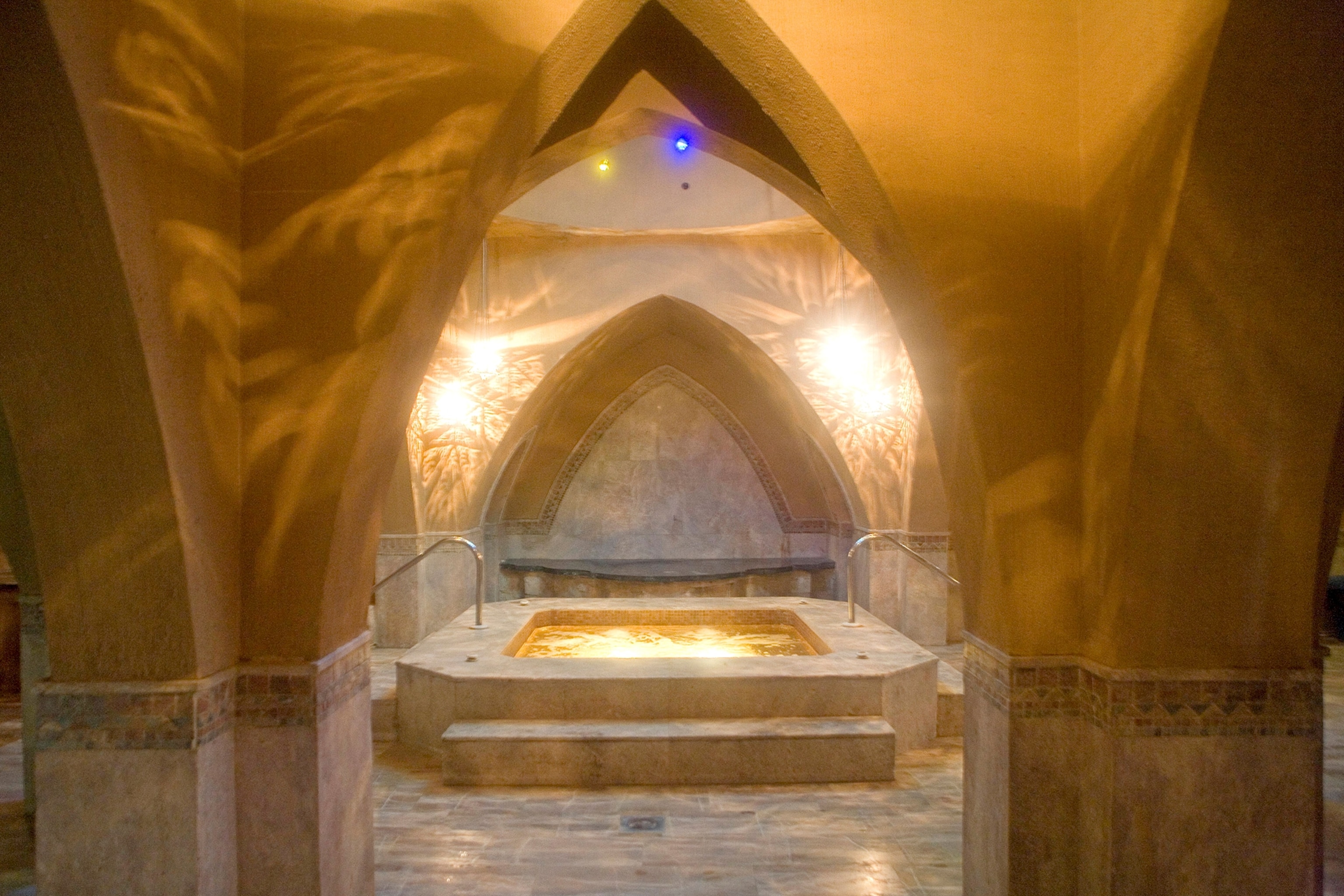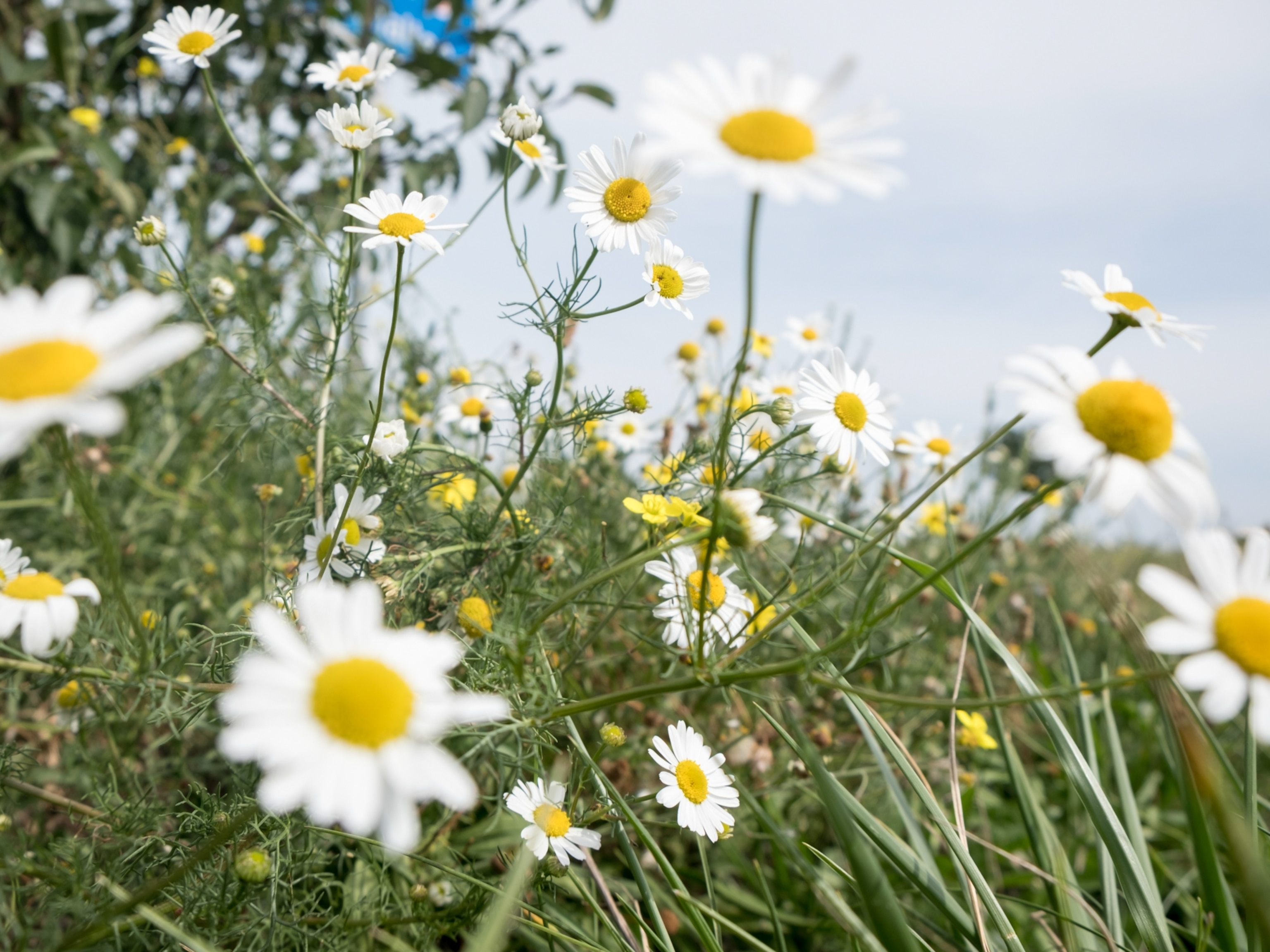
3 Ways to Boost Your Health While Visiting Jordan
Traveling can be great for your body—if you know where to go. Here are three ways to get healthier on a trip to this desert nation.
Warmed by the morning sun, the dark Dead Sea mud feels like thick chocolate pudding, oozing from my clenched fists as I slap the salty balm over my arms and shoulders, then dribble soft clumps of the stuff down my chest and torso. I reach down for another fistful of the charcoal-hued muck and spread it across my face, covering my forehead, cheeks, nose, and chin.
We look like swamp monsters, all of us tourists, slippery and caked in mud. We’re grown-up strangers laughing like careless kids before dipping our toes into the clear rippled edge of the lowest lake on Earth.
There is no graceful way to immerse yourself in the soupy saltwater—no diving or dunking—only falling backward or forward, heads held high while the blue waves try to push us back into the pure air.
The Dead Sea
We are not the first humans to bask in the irony of this “dead” sea that makes one feel so alive. King David is said to have visited here, as well as Queen Cleopatra. Named for the utter lack of animal and plant life on these shores, the Dead Sea rests some 1,400 feet below sea level, where the air contains 8 percent more oxygen than most of us breathe, contributing to a remarkable sense of elation and well-being.

“This is the easiest place to breathe in the world,” says Santosh Maladendezasi, director of spa services at Crowne Plaza Jordan Dead Sea Resort and Spa. “Anybody suffering from asthma, bronchitis, and other respiratory ailments will find relief at the Dead Sea.”
The same can be said for anyone with joint and muscular disorders or any chronic health conditions, like hypertension or Parkinson’s disease. The high mineral content of Dead Sea salt and mud also delivers antiseptic, pH balancing, and clarifying properties—so it’s wonderful for your skin, combating the worst effects of psoriasis, dermatitis, and acne.
The morning after my Dead Sea dip, my skin feels clear, smooth, tight, and glossy—and the rejuvenation is more than skin deep. The Crowne Plaza’s Sohum Spa offers three-, seven-, or 14-day holistic detox regimens anchored in ayurvedic tradition. Chilling out at the Dead Sea is a fantastic way to escape the stress and toxins of modern life.
Jordan’s natural remedies reach well beyond the shores of the Dead Sea, into the hills, rivers, mountains, and clean deserts, where people have found health and solace since before the Roman civilization. Steaming hot waterfalls and natural stone pools lull visitors into long hours of outdoor relaxation at Mai’n Hot Springs, near Madaba.
Traditional Turkish Baths

Jordan’s thorough bathing culture continued through the Ottoman Empire and lives on today in the Turkish bath, or hammam. The full bathing ritual includes a long steam, a rigorous body scrub, and a relaxing massage, usually followed by a cup of tea as you sit wrapped up like a baby in thick cotton towels.
“The hammam is good for your whole body—your muscles, lungs, nerves, and blood pressure—you should do it once a week if you can,” says Suleiman Hamadin, owner of Al-Yakhor Hammam in Petra. There’s no better way to fling away the dust and grime after exploring the ancient city. In Amman, take your time at Al-Pasha Turkish Bath, complete with colored skylights in the pointed dome, live music, and refreshing pomegranate punch to rehydrate afterwards (groups and families can book the entire place for themselves).
Healthy Mediterranean Cuisine
In Jordan, taking care of your body also means eating and drinking well. Fresh, natural food—often organic—is the standard in homes and restaurants. Breakfast seems almost biblical in its representation of the land: sweet dried dates, olives—cured in Dead Sea salt—picked right from the gnarly trees outside, golden honeycomb with lovely hints of citrus, and round sheets of bread baked over the fire, soft and light, with an earthy taste. The herds in the hills give milk for a variety of soft white cheeses, as well as the incomparable labneh, a tangy kind of fermented yogurt but with more protein and much less lactose and sugar.
- National Geographic Expeditions
Jordanian cuisine elaborates on Mediterranean simplicity with a marvelous diversity of spice. Za’atar is the baseline condiment for nearly everything, blended from a whole range of locally grown herbs. Every cook has their own secret blend, but the main ingredients include thyme, oregano, and roasted sesame seeds, along with salt and pepper. Not only does za’atar make everything taste delicious, but the blend of herbs is notoriously high in antioxidants, so it’s good for you.

Ground hot pink sumac is another very Jordanian spice, with a tart flavor that is easier to enjoy than describe. Decipher all these new flavors and learn how to prepare your favorite Jordanian recipes by taking a group cooking class at Beit Sitti in Amman or Petra Kitchen in Petra.
Dining in Jordan is never rushed—good food is meant to be enjoyed with family and friends, often eaten by hand from a large communal platter. Mansaf is the must-try dish of Jordan—lamb or goat marinated in yogurt, then roasted over a bed of yellow rice and toasted almonds. Extra yogurt sauce is drizzled over the meat and rice, which is warm and filling and usually served in times of celebration, honor, and for respected guests. (One tip: Plan a recovery nap if mansaf is on the menu.)
On hotter days, Jordanians keep cool with a tall and frosty glass of fresh lemon and mint. Otherwise, the drink of choice is strong, sweet tea served in small glasses at just about any occasion—an earmark of Bedouin tradition. Coffee comes with cardamom, served in the Turkish style, and is the basis for Jordan’s café culture, which once again comes down to relaxation and enjoying the company and conversation of good friends.
Jordanians may work hard, but they rest hard too, valuing their health and happiness above any shallow signs of success. This is a country that follows an ancient rhythm of life, and where ancient knowledge lives on in the kitchen, in the fields, in the bath, and in the café. Jordanians know how to live well, and those who come here live well, too.






